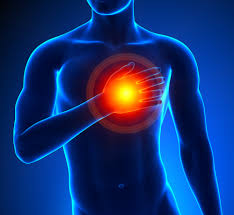
After the initial studies reporting that using testosterone therapy increases the chance of heart attacks and strokes came out 2 years ago there have been many more studies done confirming just the opposite. From the start we have tried to stress this point, and we even wrote a few blog posts about it including “Low testosterone and the FDA” and “Does testosterone therapy cause heart attacks?”.
The more recent studies and statements made by many medical bodies back up our way of thinking and it’s reassuring to share them with you. When assessing all the studies combined, the evidence is simply inconclusive and there is no way of knowing whether any increase in MI cardiovascular episode has anything to do with testosterone levels and the use of testosterone therapy at all. Some research suggests an increased risk, some research suggests a decreased risk. It really depends on the individual and their personal circumstances and medical history, there’s no way of grouping it all together.
In March 2015 there was a big hearing in the FDA about testosterone and heart attacks, specifically the use of testosterone therapy and associated cardio and MI risks. The result was that the FDA have increased warning labels on the packaging of testosterone products. The FDA also recommended that testosterone replacement therapy should only be used when a men suffers from hypogonadism caused by disorders of the testicles, pituitary gland or brain and that it should not be used to relieve symptoms of hypogonadism and low testosterone due to natural aging.
Following some more published research on associations between testosterone and heart attacks and this FDA ruling, the American Association of Clinical Endocrinologists released their own position statement on the matter. It’s a statement based on their judgment and experience as well as scientific evidence. The crunch of the statement says that none of the studies done in the past prove testosterone therapy to conclusively increase or decrease chances of cardiovascular episodes like heart attacks and strokes so more research is needed on a larger scale. There are side effects of using testosterone therapy, no-one is disputing this. It’s the same for all therapeutic treatments and medicines. It’s impossible not to list any side effects. Some and common minor side effects and some are very rare. There’s listing side effects and there’s creating hysteria and marketing ploys surrounding inclusive facts from inconclusive studies.
If you ask us, the effectiveness and risks associated with testosterone therapy also largely depend on correct diagnoses, correct dosage according to the individual need and continual monitoring of testosterone levels in the blood alongside symptomatic monitoring. We have said all along that the diagnoses for using testosterone therapy should be a combination of blood test results and symptomatic analysis. A man who have only borderline low testosterone blood levels but suffers a high level of symptoms might be overlooked by some Dr’s when it comes to testosterone therapy but it might help them greatly. As always, it’s vital to check the free and total testosterone levels in the blood, not just the total testosterone levels
Following on from analyzing multiple clinical studies on the matter, the AACE report notes that scientifically low testosterone can be a cause or a marker for cardiovascular disease especially in the elderly. It goes on to say that using testosterone therapy to increase testosterone levels can, in some cases, help the patient and decrease cardiovascular risk as it lowers levels of body fat and increases muscular strength and also lowers insulin resistance, all factors associated with a higher the risk of coronary trouble and MI attacks. This leads to lower mortality rates.
A paper published in the “European Heart Journal” back in August 2015 also concludes the same, that testosterone level normalization via testosterone therapy can in fact decrease cardiovascular risk. Having said this, it does not dismiss claims that in some cases the opposite risk can occur. The is a link between testosterone and heart attacks, or should we say general cardiovascular health. However, it can go either way and the possibilities of a negative risks appear to be rare if the patient has been diagnosed and treated correctly.
The AACE made 2 recommendations in their recent statement, especially targeted to symptomatic analysis of patients and prescribing to the elderly.
1) At least 2 samples should be drawn for assessment before 10am when considering TRT as a treatment option. This applies to total and /or free testosterone.
2) Physicians should be extra careful when considering prescribing testosterone therapy to elderly and frail men who demonstrate low testosterone levels until more conclusive research has been published.
The statement goes on to conclude that more wide scale randomized controlled studies are needed and “As with therapeutics in general, common sense, experience, and an individualized approach are recommended.”
What this means is that unlike the FDA, the AACE see no reason why a man suffering from symptomatic hypogonadism and low testosterone should not use testosterone therapy to help his symptoms. This, on the condition that any cardiovascular issues are addressed before the start of treatment and that caution is exercised when finding the right dose and monitoring the progress closely.
What does this mean? It simply means that common sense and practitioner guidance is needed when using testosterone therapy and that people should be aware in advance of the possible cardiovascular risks and benefits.
Click here to read the AACE statement in full.
